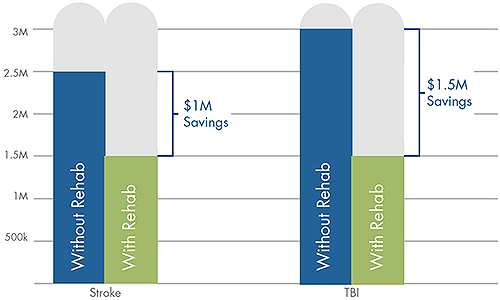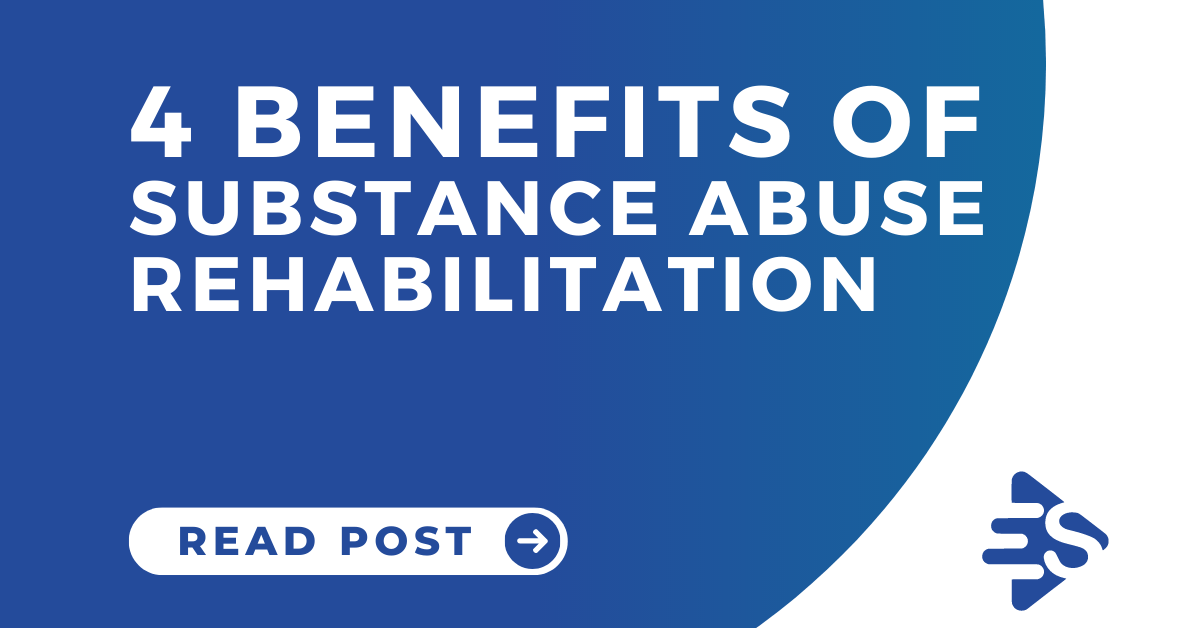Some Known Details About Narconon Africa
Some Known Details About Narconon Africa
Blog Article
Fascination About Narconon Africa
Table of ContentsThe smart Trick of Narconon Africa That Nobody is Talking AboutThe Greatest Guide To Narconon AfricaThe Greatest Guide To Narconon AfricaThe 9-Minute Rule for Narconon AfricaThe Buzz on Narconon AfricaTop Guidelines Of Narconon AfricaNarconon Africa Can Be Fun For Anyone
In a collection of documents with Manudeep Bhuller and Katrine V. Lken, we overcome these information obstacles and the nonrandomness of jail time, providing new insights into just how imprisonment influences relapse, work, kids, and criminal networks - Supportive rehab environment. Number 1 Our job researches the effects of imprisonment in Norway, a setting with two crucial advantagesWe can further link this info to various other relative, including children and siblings. We have info on co-offending that allows us to map out criminal networks for observed criminal offenses. Second, we can take advantage of the random project of criminal situations to judges that vary in their propensities to send defendants to prison.
But some courts send out defendants to prison at a high rate, while others are much more tolerant. We determine a judge's stringency as the typical imprisonment rate for all various other cases a judge manages, after managing for court and year fixed impacts, which is the level of random project. This quasi-random job of judge stringency can be utilized as an instrument for imprisonment, as it highly forecasts the judge's decision in the present case, but is uncorrelated with various other instance characteristics both deliberately and empirically.
What Does Narconon Africa Mean?
Attributes of detainees, consisting of demographics and crime classifications, are generally similar in Norway and various other nations, including the United States, with the exemptions that the US murder rate is much higher, and race plays a larger duty there. What sticks out as different, especially compared with the USA, is the jail system.
Number 2In Norway, the average time invested behind bars is a little over 6 months, which is similar to most other Western European countries. This contrasts with typical United States prison time of practically 3 years, which is in huge part the factor the United States is an outlier in its incarceration rate contrasted with the remainder of the world [Figure 1]
5 Simple Techniques For Narconon Africa
This supplies a lot more separation in between small and hardened crooks than exists in the United States. There is no congestion in Norwegian prisons and much better personal safety, with each detainee being designated to their own cell and a higher inmate-to-staff proportion than in the United States (https://yoomark.com/content/narconon-we-are-dedicated-one-thing-helping-you-overcome-addiction-good-part-what-makes). Jails in Norway likewise supply well-funded education and learning, medication treatment, psychological health, and work training programs
Our research study on the impacts of imprisonment on the wrongdoer, making use of the arbitrary project of courts as an instrument, returns 3 essential findings. Jail time dissuades even more criminal behavior. We discover that incarceration reduces the probability that an individual will reoffend within 5 years by 27 portion points and reduces the equivalent variety of criminal charges per individual by 10 fees.
Some Known Details About Narconon Africa
We locate substantial declines in reoffending chances and advancing billed crimes also after offenders are released from prison. Our second outcome is that predisposition due to choice on unobservable private attributes, if neglected, brings about the wrong final thought that time spent in jail is criminogenic. If we just contrast criminal accuseds imprisoned versus those not sentenced, we find favorable organizations in between incarceration and succeeding criminal offense.
This stands in comparison to our evaluation based upon the arbitrary project of judges, which locates an opposite-signed result. Third, the decrease in criminal offense is driven by individuals who were not working before incarceration. Amongst these individuals, imprisonment enhances engagement in programs routed at improving employability and reducing regression, and this eventually raises employment and earnings while discouraging criminal actions.

Imprisonment triggers a 34 percentage factor increase in participation in job training programs for the formerly nonemployed, and within 5 years their employment rate boosts by 40 percentage points. At the very same time, the chance of reoffending within five years is reduced by 46 percent points, and there is a decrease of 22 in the ordinary number of criminal fees.
The Ultimate Guide To Narconon Africa

A probable description for the difference is that Norway's prison system differs significantly, both in terms of prison-term size and jail problems, from the US jail system. While recognizing the effects of imprisonment on the offender is a vital very first step, capturing spillover effects is additionally crucial for examining criminal justice plan and designing reliable prison systems.
More About Narconon Africa

Ordinary the very least squares approximates reveal that kids of incarcerated fathers are 1 percentage point more probable to be charged with a crime, about a mean of 13 percent, and show no impact on college grades. Using our court stringency instrument, we discover no statistical proof that a daddy's imprisonment influences a child's very own crime or institution qualities, yet we are unable to dismiss modest-sized effects.
The smart Trick of Narconon Africa That Nobody is Talking About
We define criminal groups based on network web links to previous criminal situations. Our analysis yields 3 major findings. When a criminal network member is put behind bars, their peers' informative post chance of being charged with a future criminal activity lowers by 51 portion points over the next 4 years. Having an older bro jailed decreases the likelihood his younger bro will be charged with a criminal offense by 32 portion factors over the following 4 years.
Report this page